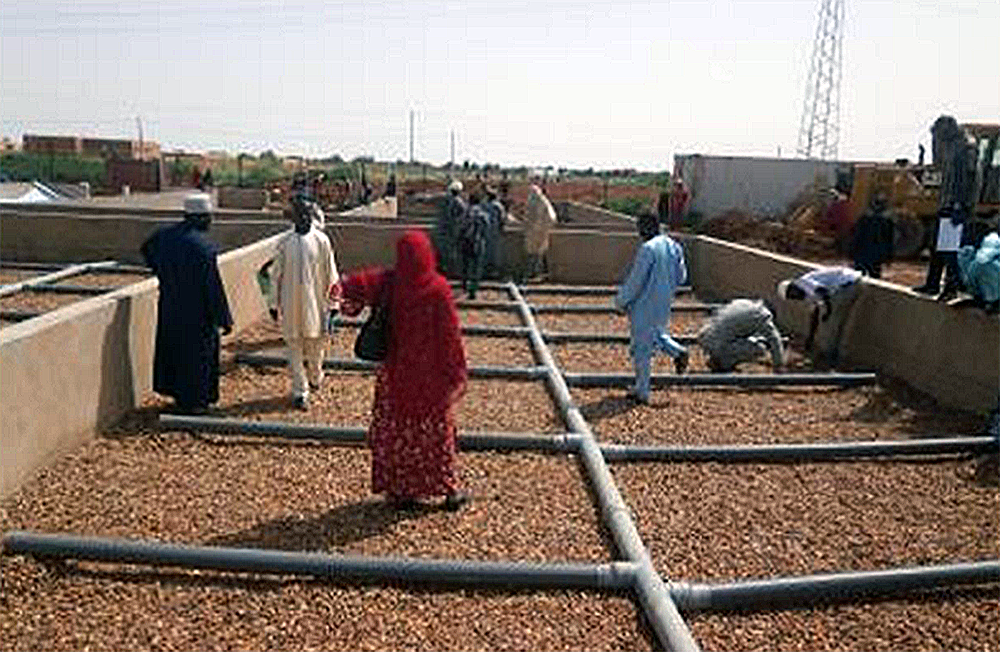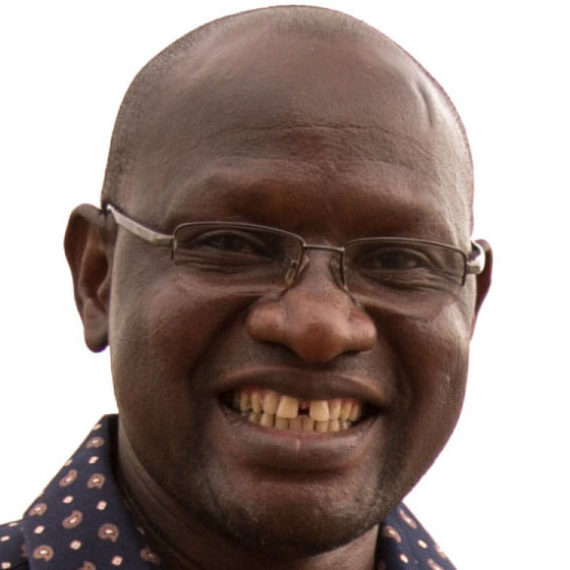The sanitation coverage figures for Niger show that only 7 percent of the population have access to improved sanitation according to data from the Ministry of Water and Sanitation in 2015. The data also reveals that latrines is the prevalent sanitation infrastructure with about 2.1 million households using latrines while 371,082 use septic tank toilets (washdata.org 2015). These systems generate huge amount of faecal sludge (FS) and wastewater which are discharge into open drains, irrigation fields, open lands and surface water. It is more obvious, in Niamey, the capital city of Niger where most households of the more than one million inhabitants use onsite sanitation facilities; but inadequate faecal sludge management (FSM) cause further complication in conjunction with increased urbanization and lack of educational institution that provide formal training in FSM at any level. Thus, FSM is one of the major sanitation challenges facing Niger and has become a major obstacle for the country’s drive towards global sanitation targets; and this is primarily responsible for the enormous environmental and public health risks in the country.
A turning point came in 2017 when the first Faecal Sludge Treatment Plant (FSTP) was commissioned in Nyala, Niamey. The major challenges and risks posed by the FSTP were in the operations, monitoring and maintenance of the new treatment plant. At this points, my newly registered Engineering Consulting firm (DTT- Ingénierie Conseils) was hired to train twenty (20) sanitation professionals to provide them with needed skills and know-how. The participants were drawn from different ministries: Hydraulics and sanitation, Health and Hygiene, Environment, Urban planners and the Municipality in charge of the communal waste management of the capital city of Niamey. This was possible because of my in-depth knowledge and understanding on several low-cost biological domestic wastewater treatments options for urban poor settlements, including design, implementation, monitoring and optimization of those technologies in the course of my Sanitary Engineering studies at the IHE, Delft, Netherlands as well as my participation in the Faecal Sludge Management online course delivered by the International Institute for Water and Environmental Engineering (2iE) under SaniUp Project, Ouagadougou, Burkina Faso.

Construction phase of a new Faecal Sludge Treatment plant (FSTP) Niamey, Niger
The capacity development program provided by my firm helps to reinforce the on-going multi-sector dialogues and creates the needed awareness for better understanding of the FSM chain through the integration of all the key stakeholders to ensure sustainable FSM practice in the city. The training also draws lessons from successful case studies from Ouagadougou (Burkina Faso), Kumasi (Ghana) and Dakar (Sénégal) on operations and maintenance of FSTP. The outcomes of this training include well-organized emptying activities in the city, improvement, and return on investment among sanitation entrepreneurs and related businesses in Niamey as well as the invitation to participate at the 5th FSM conference at Cape Town February 2019. Other outcomes are the reinforcement of capacity development for Niger capital city waste management decision makers, integration and clarification of all aspect of FSM chain stakeholders, and newly designed faecal sludge treatment plant with a capacity to serve over 1,000,000 people was commissioned.
Generating knowledge, disseminating and applying it for the benefit of humankind
